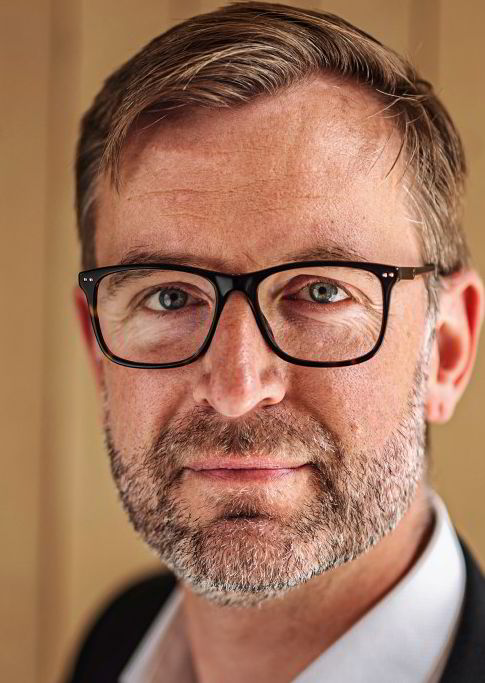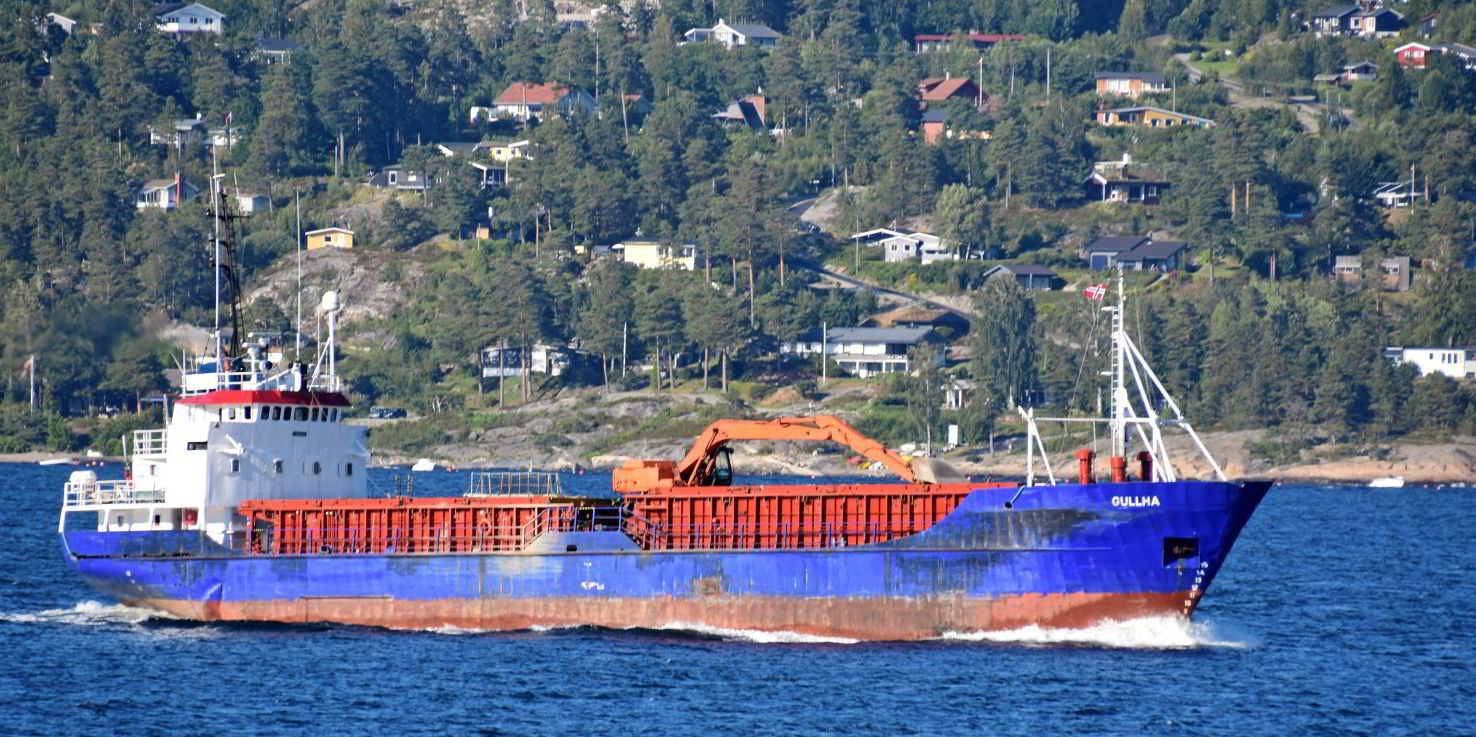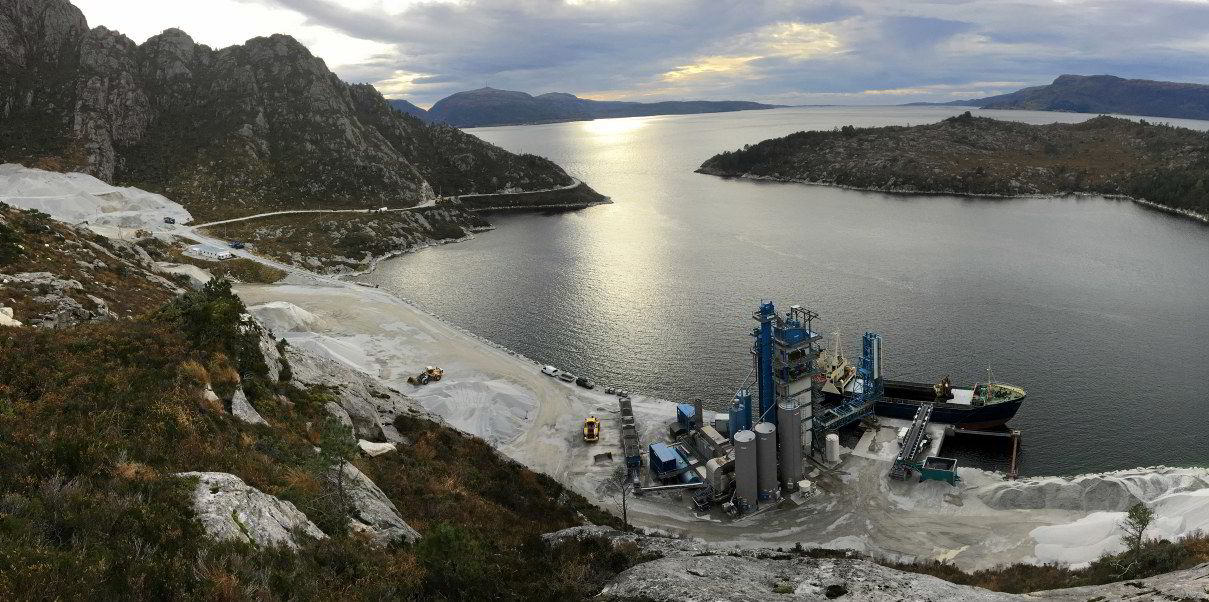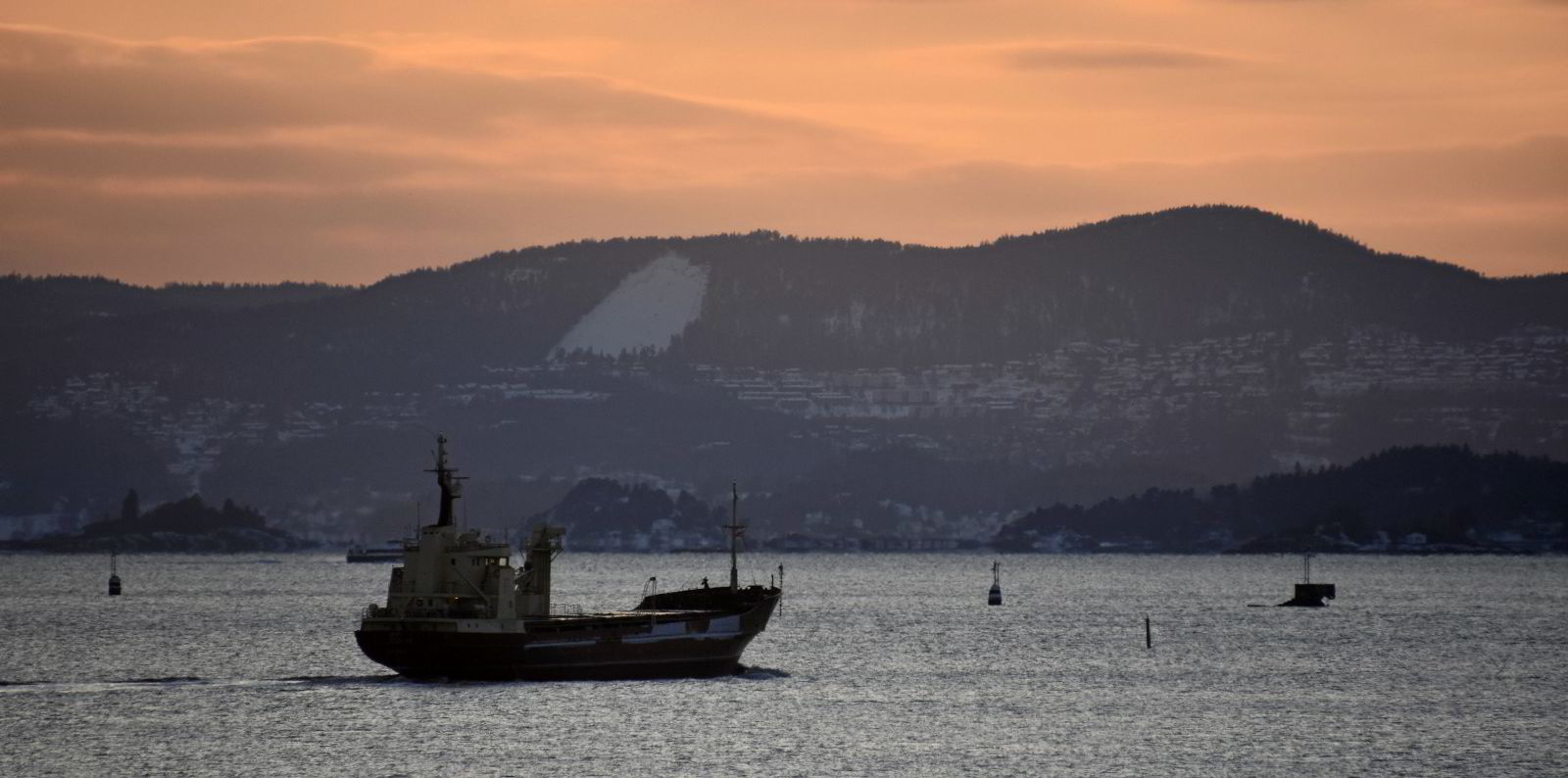Norway's biggest construction company Veidekke has axed a high-profile plan to offer long-term charters to a Norwegian shipowner, which would have backed the construction of two hydrogen-propelled small bulker newbuildings for the coastal trades.
Meanwhile, however, other Norwegian charterers including HeidelbergCement and Felleskjopet Agri are going ahead with projects aimed at decarbonisation and renewal in the ageing coaster segment, and others wait in the wings.
Veidekke announced its cancellation of the zero-emission ships earlier this month but the development was at first reported mainly by Norwegian construction media, which headlined not the shipping component of the decision but Veidekke's parallel plans to produce asphalt using hydrogen, which it also cancelled.
Special factors may have torpedoed Veidekke's plan, in particular the seasonal and unpredictable nature of road building and asphalt trading. But several more Norwegian charterers are preparing offers to sponsor at least seven small self-discharging bulkers, one key charterer told TradeWinds.
All the plans depend on state sponsorship in one form or another, and all are being coordinated through DNV's Green Shipping Programme.
A Veidekke spokesman quoted by national maritime news provider Skipsrevyen cited high contract risk and the long-term economic commitment.
The uncertainty of state sponsorship and the prospect of competing with lower-cost competitors also played a role.
"We are not ready to take that responsibility alone," Veidekke communications chief Helge Dieset told the newspaper.
He estimated that the contracts his company was to have signed would have provided 1m tonnes per year of asphalt and aggregates for the two small ships.
Another industry source believed that the perceived risk may have been as much on the prospective shipowner's side as the charterer's. The short seasonality of wintery Norway's asphalt business and its volatility would have been hard to overcome.

"This was sad to see but it may have been inevitable," said Lars Erik Marcussen, head of chartering for HeidelbergCement and aggregates subsidiary NorStone.
"For us in the cement industry, there is more of a long term and predictable sales budget. We have a 12-month need, and together with Felleskjopet, it's easier for us to work around any seasonalities," he said, referring to HeidelbergCement's co-charterer in the domestic agricultural market.
Prospective owners would have needed higher rates from Veidekke to make up for the greater risk, he believes.
"When the season is six months and you don't know in February what offers you will get in April, it is harder to make commitments," said Marcussen.
Veidekke's Dieset in remarks to Skipsrevyen confirmed the lack of predictability in the asphalt market as a factor, but did not rule out a renewal of the project given the right kind of support from its one key customer, the Norwegian state.
"If we had had, for example, responsibility over a period of 10 years for a long segment of highway along the coast like E39 from Forde to Molde and had known that that segment would be paved a couple of times during the period, then maybe it would have been possible to budget the project home," he told the newspaper. "But unfortunately that kind of predictability is not what we have in the asphalt market."
Dieset confirmed his comments to TradeWinds, and added: "We still don't know what the future in shipping is, and that's one of the advantages of not going for hydrogen now."

For other charterers and their shipowner partners, however, the need for renewal and decarbonisation of northern Europe's elderly coastal fleet of small bulkers remains a compelling argument, and is driving further orders. Marcussen said he knows but cannot reveal the names of several Norwegian charterers planning to enter the market for around seven ships very soon, some but not necessarily all also to be powered by compressed hydrogen.
"We are powering on regardless," he said of the plans of joint charterers HeidelbergCement and Felleskjopet Agri with Trondheim-based shipowner Egil Ulvan Rederi.
Right now, the companies are working on issues such as approval of carriage of containerised hydrogen in parallel processes with classification societies DNV and Lloyd's Register.
Even more importantly, he expects Norwegian state decarbonisation agency Enova to make a board decision on financial sponsorship by the end of February.
A government grant through Enova would cover a high percentage of the project's "green extra costs", to be paid to shipowner Egil Ulvan.
"Without that funding there is zero probability that it will fly," said Marcussen. "It's absolutely crucial."




